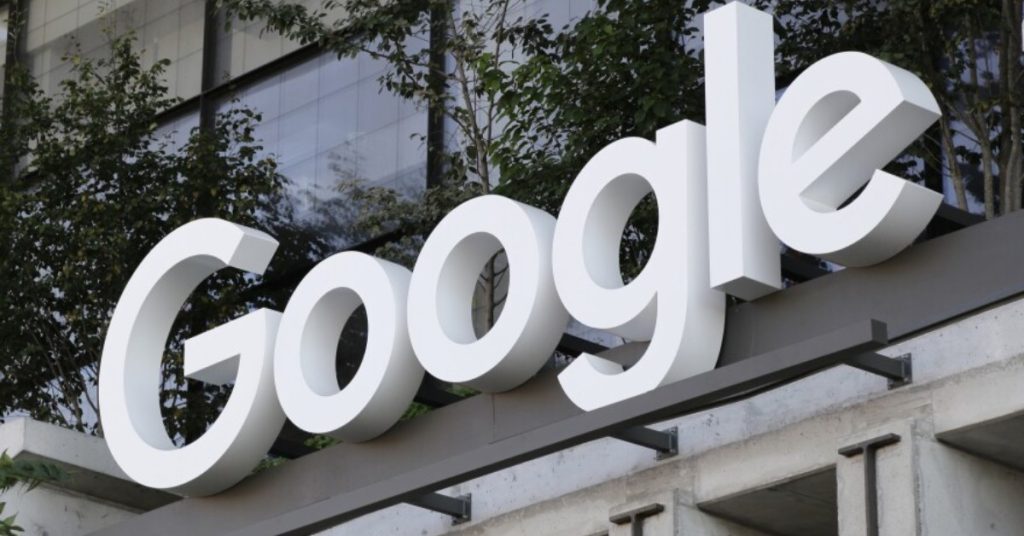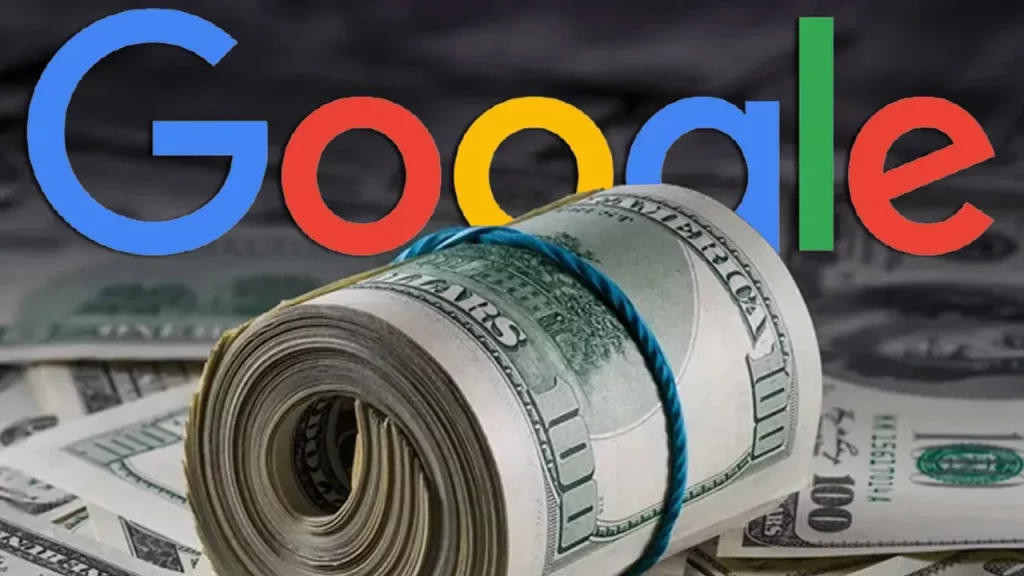Google‘s parent company, Alphabet, has made amends in a major antitrust lawsuit. Facing pressure from all 50 US states and consumers, they’ve agreed to a $700 million settlement and tweak the Google Play Store’s policies to open up the Android app market.
The accusations? Google allegedly used unfair tactics to force developers to use the Play Store exclusively, inflating app prices in the process. They pocketed up to 30% of each Play Store transaction, a hefty chunk that consumers and developers alike felt the sting of.

Google to pay $700 million to settle antitrust lawsuit
Now, to settle the legal mess, Google agreed to pay up big and loosen its grip on the Play Store ecosystem:
- $630 million consumer fund: This pot of money will go to consumers who may have overpaid for in-app purchases via Google Play. The distribution of the fund will be court-approved, though specifics on distribution haven’t been revealed.
- $70 million state fund: Google will pay states an additional $70 million to cover state AGs see fit.
To make amends, Google is also opening up the app ecosystem. Developers will now have the choice to use a separate billing system, saving them 4% on those hefty fees.

Google’s been testing this system for over a year, and now it should finally go official. Plus, developers can now offer different price options within apps, giving consumers more flexibility.
Moreover, the Play Store’s hold on app downloads is loosening too. Google is making it easier for users to download apps directly from developers’ websites, bypassing the Play Store entirely.
They’re also toning down the warnings that pop up when sideloading apps. The message when sideloading the app will now read “Your phone currently isn’t configured to install apps from this source. Granting this source permission to install apps could place your phone and data at risk.”
Likewise, for phone makers, the Play Store isn’t the only game in town anymore. They can pre-install other app stores without Google’s permission, even skipping the Play Store altogether. And in the upcoming Android 14, these alternative stores can even handle app updates, taking another slice of power away from Google’s grip.
Related:
- Stadia Controller Users can switch to Bluetooth Mode by the end of 2024, says Google
- Google Announces the End of Tracking Cookies on Chrome
- Download the best GCam APK for Samsung Galaxy S23 Ultra
- Xiaomi Smart Band 8 Pro Genshin Impact Special Edition up for sale
- Best iPhone 15 Pro cases for 2023: Dbrand, Spigen, RhinoShield & More
- Get $100 OFF on Vivo X100 Pro at Giztop
- Lenovo Legion Y700 2023: Save $100 on this 8-inch gaming Android tablet
(Via)





